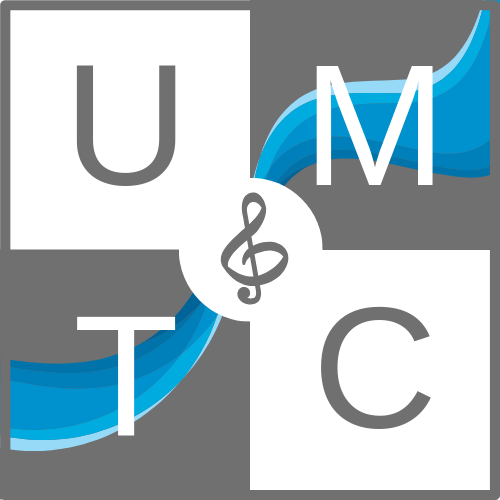Music speaks to us all in special ways. For some, it may be a form of emotional expression, a means to cope through hard times and celebrate the good. For many children, music is an integral tool for learning. Through the use of music, children can obtain and learn information long-term, perhaps even in subjects that they struggle in. For example, a child may have a difficult time learning their numbers or letters, but when put to a song they don’t have trouble at all!
Music Therapy is the use of music through evidence-based interventions aimed at accomplishing typically non-musical goals. In the school setting, Music Therapy is a service intended to strengthen the student’s performance related to communication skills, academics, social/emotional goals, and motor needs.
If you are a teacher, you may notice that using songs in the classroom helps your students pay attention throughout class. Using songs in the classroom gives children a “break” when they need it while still engaging them in learning. Does a specific student come to mind when you think of using music in the classroom?
As a parent, you may notice that music soothes your child when they are upset and helps them express themselves in a different way. Do you find yourself using music often to help your child work through frustrating times?
Are you a service provider in a school, like a speech therapist? You may find that many students are excited to communicate about music in a way they are not with other topics. Or, if you are a physical therapist, perhaps using rhythm and song motivates your students through difficult movement tasks.
Should I Submit a Music Therapy Referral?
There are indefinite ways that music can help a child succeed in school and at home. If you think Music Therapy would be a necessary addition to your child’s academic program, ask yourself these questions:
- Does the child/student show an increase in attending when music is used?
- Does the child/student produce more verbalizations or vocal sounds when singing versus when speaking?
- Can the child/student be motivated to attempt tasks by the use of music?
- Can the child/student be motivated to complete tasks by the use of music?
- Does the child/student retain information conveyed in songs more easily than conveyed in spoken interchange?
If you answered yes to any of these questions, then it may be appropriate to submit a referral for a music therapy evaluation.
How Do I Submit a Referral?
1) Parents: Complete the Music Therapy Assessment Questionnaire
2) Teachers and service providers: Complete the Music Therapy Referral Checklist and the Music Therapy Referral Form.
- If you are a teacher or service provider referring a student for an evaluation, please share the “Assessment Questionnaire” in Step 1 with the student’s parent or guardian.
3) Once you have completed these forms, make a copy.
4) Send one copy to the school district, and another to Upstate Music Therapy Center, 401 Penbrooke Drive, Penfield, NY 14526
Once this paperwork is processed, you will hear from an Upstate Music Therapy Center therapist to schedule the evaluation. The evaluation will determine if music therapy is a necessary intervention for your child to make progress toward their IEP goals.
Contact Us if you have any questions!
The post How to Make a Music Therapy Referral was originally published on Upstate Music Therapy Center.

